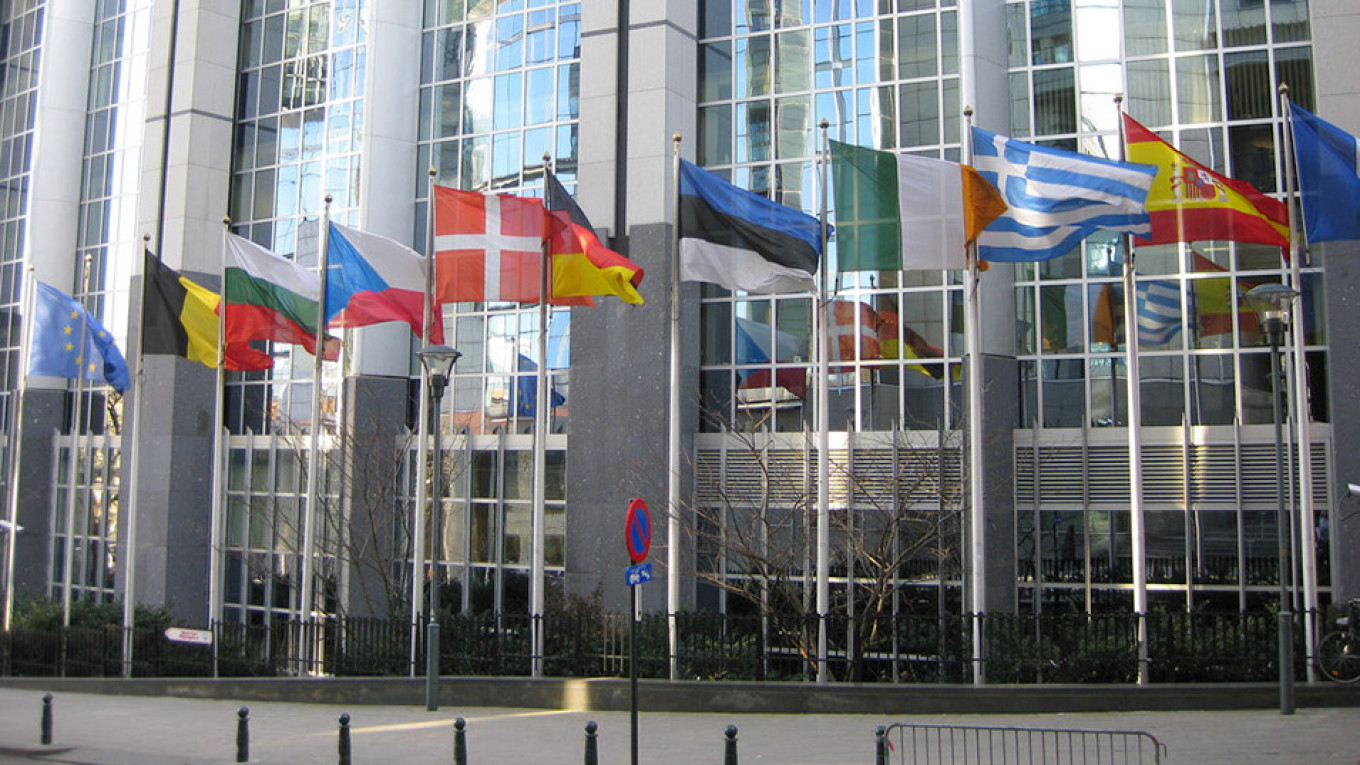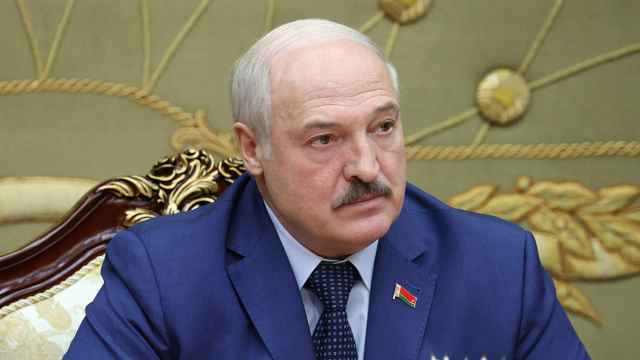European Union lawmakers have called on member states to adopt an EU law which would punish state and non-state actors for human rights violations using the name of Sergei Magnitsky, mirroring similar legislation in the United States.
The U.S. passed the Magnitsky Act in 2012 to sanction Russian officials linked to the 2009 death of Sergei Magnitsky, a tax accountant who died in a Moscow prison after uncovering high-level tax fraud. Since then, the U.S. Congress has enacted the Global Magnitsky Act to sanction human rights offenders worldwide.
EU foreign ministers have unanimously approved the Dutch proposal, to be developed into legislation, for an EU version of the Magnitsky Act last December.
However, Magnitsky’s name in the EU sanctions proposal has become a point of contention after American-born investor Bill Browder, who lobbied the U.S. Congress to pass the original Magnitsky Act, accused some EU lawmakers of appeasing the Kremlin.
“It’s all become quite nasty,” the EUobserver.com news website quoted Heidi Hautala, an EU lawmaker from Finland and one of the main opponents of naming the sanctions bill after Magnitsky, as saying.
Critics within the EU have also voiced concern over the proposal’s “added value” and whether it would “usefully fill a gap” in existing EU sanctions based on human rights.
Reaching required unanimity on an EU-wide sanctions regime could prove difficult, the U.S.-funded RFE/RL news website cited unnamed sources as saying. The EU Parliament has asked “to move beyond unanimity in voting” to allow a qualified majority to enact new sanctions.
Earlier this week, the EU Parliament passed a wide-ranging resolution urging the extension of sanctions in response to disinformation campaigns and Russian aggression.
“The time for nice and diplomatic language is over,” rapporteur Sandra Kalniete from Latvia was quoted as saying on Tuesday.
A Message from The Moscow Times:
Dear readers,
We are facing unprecedented challenges. Russia's Prosecutor General's Office has designated The Moscow Times as an "undesirable" organization, criminalizing our work and putting our staff at risk of prosecution. This follows our earlier unjust labeling as a "foreign agent."
These actions are direct attempts to silence independent journalism in Russia. The authorities claim our work "discredits the decisions of the Russian leadership." We see things differently: we strive to provide accurate, unbiased reporting on Russia.
We, the journalists of The Moscow Times, refuse to be silenced. But to continue our work, we need your help.
Your support, no matter how small, makes a world of difference. If you can, please support us monthly starting from just $2. It's quick to set up, and every contribution makes a significant impact.
By supporting The Moscow Times, you're defending open, independent journalism in the face of repression. Thank you for standing with us.
Remind me later.






